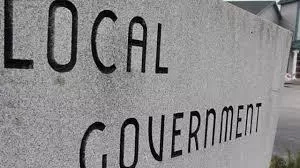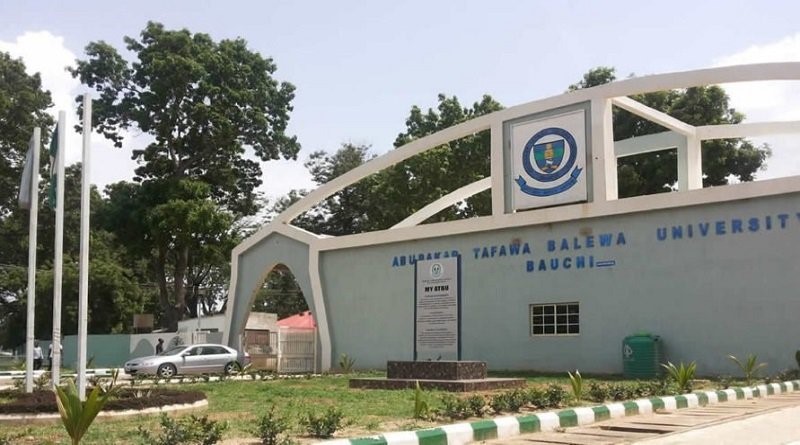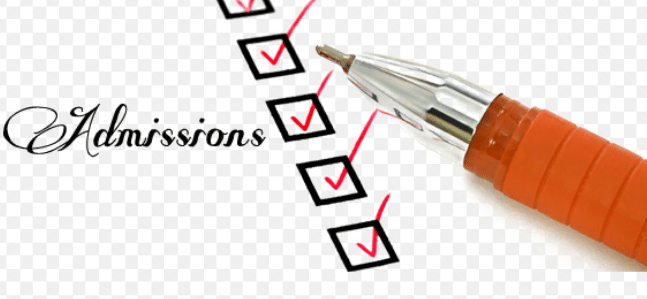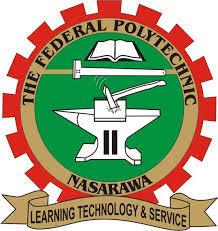Here in this post, we are going to discuss in great detail the role of local government in education in Nigeria. We hope you find this educating.
Over time, many scholars have debated on the intervention of the government to the educational system of a country.
Many opined that the government has a significant role to play in the education of its citizens while others opined that the government should leave education to be handled by private individuals, arguing that schools of private individuals provide better learning systems and facilities for learners.
Read Also: List of 774 Local Governments in Nigeria

However, Education is very vital for the growth of the economy as it from there leaders are born and made. Hence, the government at all levels has a significant impact on the education of citizens, especially in Nigeria.
Have we asked ourselves, what will happen if the government has little all no influence on education? With the increasing rate of fees of private institutions, constant avoidance of regulation, different curricula standards and the wide margin between the poor and rich.
It is definitely certain that our economy will not thrive well in such a situation. Much research has been done the role of the federal and state government in education and somehow there is a dearth in knowledge concerning the local government role.
That’s why there is a need to examine the role of government particularly the local government in the education system in Nigeria.
Read Also: How to Improve Local Government Administration in Nigeria
Concept of Education
There are many misconceptions of the word “Education”. The major one is the ideology that it takes place majorly in school and it is meant for little children.
The first thing that comes to mind in terms of education is “school”. However, School is one section of education. Education is a life-long learning process.
This means that Education does not start at a certain age. Education starts from the womb and lasts till death. So we can say that Education is the process by which an individual, irrespective of age, acquires the basic, practical and theoretical knowledge, skills, values and abilities that enable him or her function well in his or her society.
Education is an indispensable requirement for the development of a society. It is a catalyst for growth at both personal and national levels.
Education may be formal, semi-formal or informal.
Formal Education is an organized structured learning process that takes place in a recognized institution and results to the issuing of certifications and qualifications, which is acceptable by the government, to the learner at the end of the learning process. This is where our primary, secondary, tertiary and adult education school programmes.
Semi-formal Education involves the acquisition of skills from an expert which does not necessarily result in certification given to the learner on completion.
Informal Education is a system of education that takes place anywhere without a structured learning format. This involves cultures, norms and values passed on from parent to child, from one generation and to the other.
Read Also: 10 Problems of Local Government in Nigeria and Solutions
Local Government in Nigeria
Nigeria is a federal republic, led by the president and operate a three-tier system of government, the federal, the state and the local government.
The country is divided into 36 states and has 774 local governments. The federal government ensures the general administration of the federation, while the state government oversees the affairs of the state. The Local government coordinates the local communities.
The local government of Nigeria is led by the Chairman and his local council. The various functions of the local government are:
Collection of rates and licenses
Establishment and maintenance of cemeteries, burial grounds, and homes for the destitute or infirm,
Establishment, maintenance, and regulation of slaughterhouses, slaughter slabs, markets, motor parks, and public conveniences;
Construction and maintenance of roads and basic amenities
Maintaining records of citizens
Control and regulation of enterprise
provision and maintenance of primary, adult and vocational education,
development of agriculture and natural resources,
Provision and maintenance of health services and such other functions as may be conferred on a local government council by The House of Assembly of the state.
Read Also: Problems Of Nigeria Local Government And Possible Solutions
Role of local government in education in Nigeria
The education system of Nigeria needs a lot of government assistance at all levels. I have identified 3 major roles local government plays in the education of citizens in Nigeria.
Provision and maintenance of educational facilities: the quality and state of our educational facilities in public schools and some private schools today are devastating.
Educational facilities comprise of infrastructure; instructional, recreational, residential and social facilities in the learning environment, that enables teachers and instructors to carry out their work efficiently and enable learners to assimilate effectively.
Libraries, laboratories, health care centers, recreational rooms should be installed in schools. There can be no effective learning process, in both developed and under-developing countries if the right facilities are not put in place.
The provision and maintenance of education facilities are imperative as these assist in effective and efficient teaching and learning process. The local government can perform this role by
Constant inspection /audit of school facilities
Provision of fund for day to day administration
Periodic maintenance system of facilities
Provision of safe infrastructure and instructional facilities
Removal of broken facilities
Provision of Vocational education and skill acquisition centers: The local Government can subsidize vocational or professional education financed out of general revenues so that each individual can be trained at a very small cost.
The local government can also offer to finance the training of individuals by offering scholarships every year or for the duration of the training, provided it was spent on securing training at a recognized institution.
The trained individuals can set up enterprise and pay income tax to the local government. This approach can reduce poverty, enhance development and eliminate causes of inequality.
Provision for Citizenship Education: It is the role of the local government to drive the force of the citizenship education to the nooks and crannies of the nation, educating individuals about their rights and the laws of the land, so that they can participate in decisions concerning society.
There are many citizens in Nigeria above the age of 18 that don’t participate in the electoral process and many other citizens would prefer to sell their votes to politicians through a bribe. If citizenship education is well driven, I believe that there would be development in our nation.
Read Also: 37 Functions Local Governments in Nigeria
Conclusion
Finally, the local government has a big role to play in education to bring about nation-wide development. Imagine if all the local governments in Nigeria are effectively carrying out this role in education, where we have the great educational infrastructure, fully-funded vocational training institution, and citizenship education programmes in the nooks and crannies of the streets, it would be a matter of time where rapid and sustainable growth will occur in Nigeria.



![UNILAG HRDC Application form 2024/2025 [Advanced Diploma, Diploma & Professional Certificate courses] UNILAG HRDC Application form 2024/2025 [Advanced Diploma, Diploma & Professional Certificate courses]](https://infoguidenigeria.com/wp-content/uploads/2021/08/UNILAGOS.jpg)